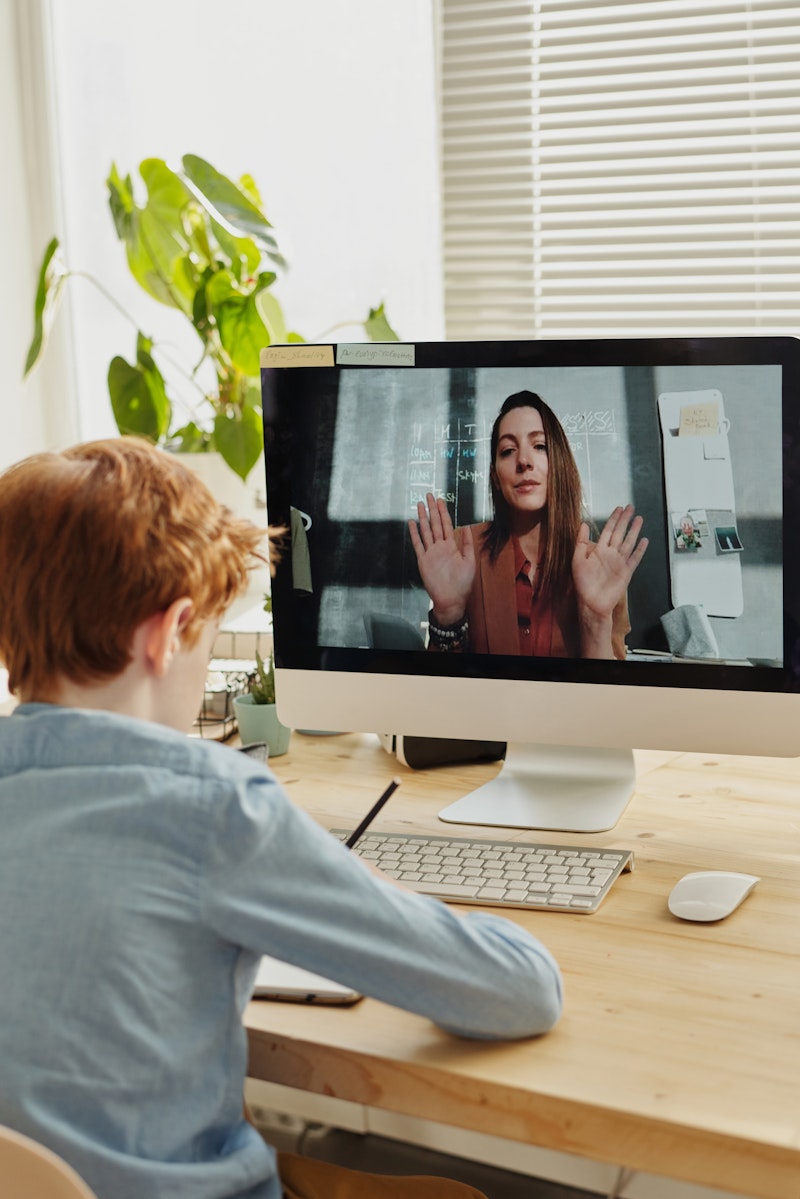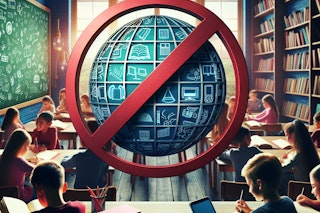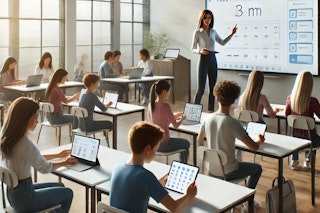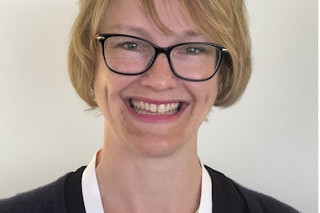Education in a post-COVID world: 9 ideas for public action by UNESCO
Since the global pandemic had its first breakout and started to have major impacts on our daily lives, many have been the alternatives proposed to face the so called “new reality”, in which one of the main concerns is how are we going to continue educating under such circumstances.
In order to shed some light into the matter, the Education Sector of UNESCO has recently published a report in which they present nine ideas to deal with the world left by the crisis of the COVID and its consequences, and in which they take the opportunity to call for global solidarity in these difficult times.
«It is evident that we cannot return to the world as it was before.»
In the report, the International Commission on the Futures of Education, which was established by UNESCO in 2019 and is composed of remarkable leaders from the fields of science, government, business and education, presents these key ideas to take into specific actions today that will help to carry on with education around the world:
1. Commit to strengthen education as a common good
According to the Commission, education is a bulwark against inequalities. They call for “a strengthened public commitment to education as a common good that is based in inclusion and solidarity, and supports individual and collective flourishing.”
2. Expand the definition of the right to education so that it addresses the importance of connectivity and access to knowledge and information
Since education is a fundamental human right, the Commission remarks the importance of an update on the matter so that it is still reachable to everyone around the globe.
3. Value the teaching profession and teacher collaboration
The Commission insists on how crucial it is to keep encouraging the work of educators by giving them the tools and means necessary to allow them to work with autonomy and in collaboration with others.
4. Promote student, youth and children’s participation and rights
According to the Commission, it is essential to engage young people in the drastic change education is facing. “Trusting young people and empowering them to think and act together” will help us reconnect and advance in their education.

5. Protect the social spaces provided by schools as we transform education
In the words of the Commission: “The school as a physical space is indispensable.” They insist that we not lose the concept of “going to school” and that we keep the school “as a separate space-time, specific and different from home and other spaces of learning, where there is as much growth and expansion of social understanding as there is acquisition of skills, competencies and knowledge.”
6. Make free and open source technologies available to teachers and students
The Commission calls for global collaboration in this matter, and argues that “open educational resources and open access digital tools must be supported”, now more than ever, since the use of educational and digital technologies is on the rise.
7. Ensure scientific literacy within the curriculum
The report states that this is the right time for deep reflection on curriculum, particularly as we struggle against the denial of scientific knowledge and actively fight misinformation.
8. Protect domestic and international financing of public education
Together with public health and social services, the need of public education and its financing is strongly shown at this point, with the Commission calling on national governments, international organizations, civil society and citizens to protect it.
9. Advance global solidarity to end current levels of inequality
As the Commission says, it is time to appeal to global empathy and to remind ourselves how alike we are to each other. COVID affects us all the same and a global response is our only way out, and we cannot let the levels of inequality in our society keep going.
These are the nine ideas UNESCO provides us with, as they call for the participation of everyone in shaping the future of education. As the report says, history is being written at a speed we cannot control and it is up to us to act together and help smooth the way for the generations to come.
About the author
About EdTick
EdTick is a platform that helps educational institutions connect with academic software. Join our Beta program and help us shape the future of educational technologies!




